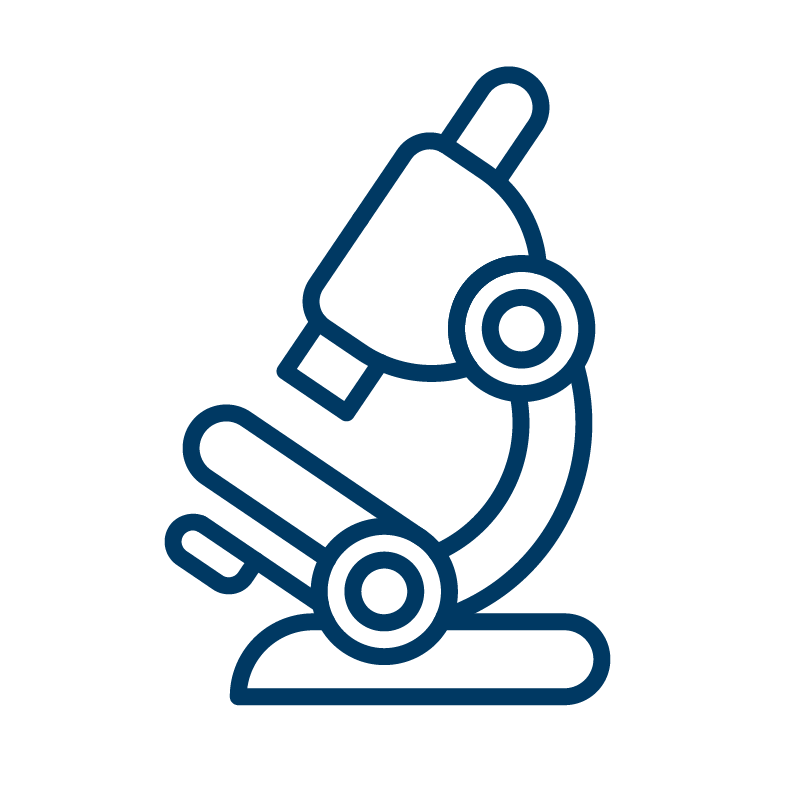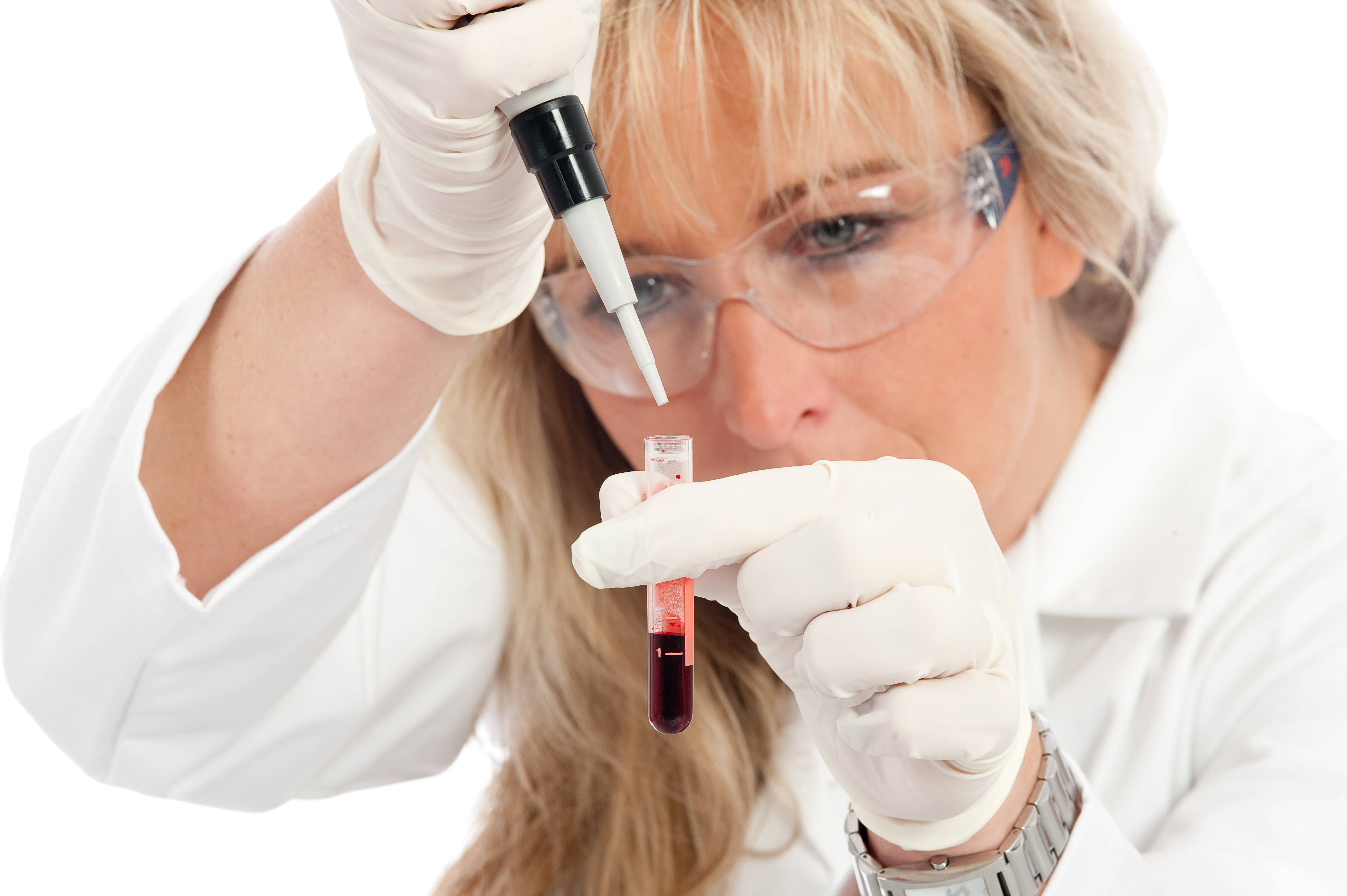Results Management

UK Anti-Doping (UKAD) is responsible for the results management of Anti-Doping Rule Violations (ADRVs) committed by Athletes, Athlete Support Personnel (ASP) or other Persons that fall under its jurisdiction as the UK’s National Anti-Doping Organisation.
UKAD can impose sanctions and bans (known as Consequences) on individuals charged with committing an ADRV. Those charged with an ADRV can either accept these sanctions or request arbitration before an independent tribunal of the National Anti-Doping Panel (NADP).
Sample analysis
After a Sample is provided by an Athlete, the Doping Control Officer (DCO) will send the Samples to a World Anti-Doping Agency (WADA) accredited laboratory, maintaining a secure chain of custody.
On arrival at the laboratory, the A Sample is analysed and the B Sample frozen. There are three possible outcomes following sample analysis;
-
Negative Result
-
An Atypical Finding
-
An Adverse Analytical Finding
If no Prohibited Substance (and/or its metabolites or markers) or evidence of the use of a Prohibited Method is detected in the Sample, the laboratory will issue a negative test result.
In certain circumstances the presence of a Prohibited Substance in the A Sample may constitute an Atypical Finding, as provided by the International Standard for Laboratories or related Technical Documents.
Review of Atypical Finding
Upon receipt of an A Sample Atypical Finding, UKAD will determine whether:
-
A Therapeutic Use Exemption (TUE) has been granted
-
There has been a departure from the International Standard for Testing and Investigations or International Standard for Laboratories that may have caused the Atypical Finding
-
It is apparent that the Atypical Finding was caused by an ingestion of the Prohibited Substance by a permitted route
If the review does not reveal a TUE, departure or ingestion by a permitted route that caused the Atypical Finding, further investigation will take place.
Typically, we will not notify the Athlete of an Atypical Finding until we have completed the investigation and decided whether to bring the Atypical Finding forward as an Adverse Analytical Finding.
On conclusion of the further investigation, we will advise the Athlete as to whether or not there is evidence of the administration of a Prohibited Substance and/or Method.
If there is no evidence, then no further action will be taken. If there is evidence of administration, UKAD will report the Atypical Finding as an Adverse Analytical Finding.
Upon receipt of an A Sample Adverse Analytical Finding, we will determine whether:
-
A TUE has been granted
-
There has been a departure from the International Standard for Testing and Investigations or International Standard for Laboratories that may have caused the Adverse Analytical Finding
-
It is apparent that the Adverse Analytical Finding was caused by an ingestion of the Prohibited Substance by a permitted route
If the review does not reveal a TUE, departure or ingestion by a permitted route that caused the Adverse Analytical Finding, then we will report the outcome to the Athlete.
Notification Letter
UKAD is required to issue a Notification Letter where it has been determined that an individual may have committed an ADRV. The Notification Letter includes the following:
-
The alleged ADRV;
-
A summary of the facts;
-
The relevant evidence;
-
The right to request lab documentation (where relevant);
-
The details of any Provisional Suspension;
-
The applicable Consequences if the ADRV is established;
-
The right to request B Sample analysis (where relevant);
-
The opportunity for the individual to provide an explanation within a short deadline; and
-
The opportunity to provide Substantial Assistance.
Where the Notification Letter is based on an Adverse Analytical Finding, the Athlete has the right to request analysis of the B Sample.
If the B Sample does not confirm the result of the A Sample then the entire test is considered as negative and the Athlete will not be charged with an ADRV. No further action will be taken against the Athlete.
If the B Sample analysis confirms the Adverse Analytical Finding in respect of the A Sample, then the Athlete will be charged with an ADRV and the Athlete can either accept the finding and the applicable consequences or request that the matter proceed to a hearing.
Where a Notice is issued to an Athlete based on an Adverse Analytical Finding or Adverse Passport Finding for a Prohibited Substance that is not a Specified Substance or for Use of a Prohibited Method that is not a Specified Method, a mandatory Provisional Suspension will be imposed. The imposition of a Provisional Suspension in all other circumstances will be at the discretion of UKAD and the individual suspended will have the opportunity to challenge the Provisional Suspension.
Upon receipt of a response to the Notification Letter, UKAD will assess any explanation provided and may conduct further investigation as it sees fit. If UKAD still considers that the individual has committed an ADRV, UKAD will charge them with the commission of one or more ADRVs by sending them a Charge Letter which will include:
-
The alleged ADRV
-
A detailed summary of the facts
-
The relevant evidence
-
The right to request lab documentation (where relevant)
-
The details of any Provisional Suspension
-
The specific Consequences sought
-
The ways in which an Athlete may respond to the charge
-
A deadline of 20 days from receipt of the Charge Letter to admit the ADRV asserted and to accept the proposed Consequences
-
A warning that if a response is not received within the deadline, UKAD will be entitled to deem that the individual has admitted the ADRV and accepted the Consequences set out in the Charge Letter
-
The opportunity to provide Substantial Assistance
The individual charged can choose to accept the ADRV and the Consequences specified in the Charge Letter. In these circumstances, UKAD will bring the matter to a conclusion with an Issued Decision.
Alternatively, if the Athlete/ASP wishes to dispute the ADRV and/or the sanctions imposed, they can request a hearing before an independent tribunal of the NADP.
Hearing
An individual charged with an ADRV has the right to a fair hearing. The hearing process will determine whether an ADRV has been committed and, if so, the appropriate consequences.
Depending on the applicable anti-doping rules, it is likely that the hearing will be held before the NADP.
The NADP is a national tribunal and an appeals court body for the UK, entirely independent of sporting governing bodies and UKAD.
Elimination, reduction or suspension of the period of Ineligibility
There are prescribed bans, known as periods of Ineligibility, that apply where an ADRV is committed. However, an individual has the opportunity to eliminate or reduce their ban in particular circumstances.
A ban may be reduced in a number of ways, depending on the nature of the ADRV, the timing of any admission to the charge and/or the nature of the Prohibited Substance(s) detected in an Athlete's sample. Reductions can be applied due to:
-
Voluntarily admitting the ADRV in the absence of other evidence.
-
Reaching a case resolution agreement with UKAD and WADA and applying a reduction after assessing the individual’s degree of Fault, the seriousness of the ADRV and how promptly the violation was admitted.
-
An Athlete establishing that their use of a non-Specified Substance was not ‘intentional’ (as that term is defined in the rules). This will also usually require the Athlete to establish how the Prohibited Substance entered their system.
-
Establishing ‘No Fault or Negligence’, or alternatively ‘No Significant Fault or Negligence’. A ban may be eliminated entirely as a result of No Fault or Negligence when an individual can establish that they did not know or suspect, or could not have reasonably known or suspected, even with the utmost caution that they had violated an anti-doping rule. No Fault or Negligence is applied in very rare circumstances.
The application of No Significant Fault or Negligence occurs where the individual establishes that any Fault or negligence, when viewed in the totality of the circumstances, was not significant. Reductions for No Significant Fault or Negligence may also be applied in cases involving Specified Substances or Specified Methods, Contaminated Products or Athletes who are classed as ‘Protected Persons’ or ‘Recreational Athletes’.
-
Reaching a Results Management Agreement. In a situation where an individual is facing a ban of four or more years, if they accept the ADRV(s) and applicable consequences within 20 days, they will be able to reduce their ban by one year.
-
The ADRV involving a ‘Substance of Abuse’. An Athlete may receive a reduced sanction of three months if they can satisfactorily evidence that their use of a Substance of Abuse was Out-of-Competition and unrelated to sports performance. A further reduction down to one month can apply, if the Athlete completes a Substance of Abuse treatment programme approved by UKAD.
Part of a ban may be suspended if an individual provides information known as ‘Substantial Assistance’ that results in the discovery of another person committing:
-
an ADRV;
-
a criminal offence;
-
a breach of professional rules; or
-
a sport integrity violation other than doping
Additionally, if the information provided leads to WADA initiating proceedings against a Signatory, a WADA-accredited laboratory or an Athlete Passport Management Unit for non-compliance, then this could also allow for a suspension of part of the ban under Substantial Assistance. No more than three quarters of a ban can be suspended through the application of Substantial Assistance.

Appeal
Decisions made by the NADP or alternative hearing body may be appealed. Depending on the status of the individual, the appeal may be heard by the NADP Appeal Tribunal or the Court of Arbitration for Sport (CAS).
Consequences
Under the World-Anti Doping Code, there is consistency of sanctions issued globally. The most common Consequence an individual may face when they commit an ADRV is a ban from sport, which in some circumstances could even be for life. Other Consequences can include disqualification and the forfeiture of any medals, titles, points and prizes.
If an Athlete is involved in a team sport and is found to have committed an ADRV, there could be implications for the entire team. If more than two team members are found to have committed an ADRV during an event period, the ruling body of the event shall impose an appropriate sanction on the whole team.
Eligibility, Reinstatement and Re-education
Individuals serving a ban may not participate in any capacity in a competition, event or any other activity (including training) that is organised, recognised, convened or authorised by the relevant NGB, its member or affiliate clubs or any other NGB or International Federation. Individuals are prohibited from participating in ‘any other activity’ during their ban, which can be construed widely to even include the personal training and coaching of other Athletes.
Individuals serving a ban must continue to take their anti-doping responsibilities seriously as they are still subject to anti-doping rules and can still be tested. Athletes can be tested at any time and in any place and may be asked to provide Whereabouts information for some or all of their ban.
If an Athlete retires during their ban, but later wishes to be reinstated, they are not eligible to participate or compete until they have notified their NGB and UKAD of their wish to be reinstated and made themselves available for testing for the period of time left of their ban when they retired.
Individuals serving bans can still engage in anti-doping education with their NGB or UKAD, although the terms of their attendance should be agreed in advance.
Once an individual’s ban has expired, any outstanding costs or penalties have been paid and they have made themselves available for testing, they may return to participation again.
For matters relating to ADRVs committed prior to 1 January 2021, the relevant documents are located here.
